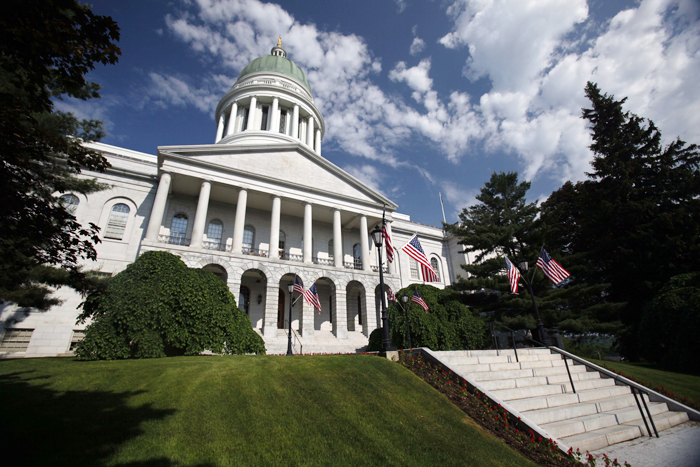A tax cut is a terrible thing to waste. As lawmakers try to find a way to slash the state’s income tax, they should remember that this is a multi-faceted problem that will need more than a one-dimensional solution.
Yes, Mainers feel overtaxed and yes, Maine’s top income tax rate puts it at a disadvantage when high-income people decide where to establish residency. But Mainers have other concerns when it comes to taxes. Our narrow sales tax base sets the state budget up for unnecessary volatility in boom-and-bust times and doesn’t do enough to leverage Maine’s status as a tourist destination. Many visitors to Maine pay less in consumption taxes when they are here on vacation than they do when they are at home.
And it’s not just weekend tourists who are getting the break. Owners of second homes in Maine and retirees who declare residency somewhere else don’t pay Maine income tax, but do pay sales and other consumption taxes.
It would be fair for Maine to do what most other destination states have done and adjust the tax burden so that nonresidents pay their fair share. That was one idea behind the tax reform bill that was passed into law in 2009, and was then struck down by a people’s veto last year. The problem for many voters was that the tax reform was revenue neutral, and balanced a cut to the income tax rate with increases in other taxes.
Had the plan been built around a real tax cut, it likely would have fared better at the polls.
Legislators on the Taxation Committee have proposed slashing the state’s top income tax rate from 7.95 percent to 4 percent. That would blow a hole as big as $500 million in the state budget.
Some of that could be filled through spending cuts, but expecting to balance the budget that way would be unrealistic. The more likely outcome of looking only at expenditures would be settling for a smaller tax rate cut with a more limited impact.
It would be better to package the income tax rate cut with tax reform that looks at all the taxes Mainers and their visitors pay, and tries to strike a better balance. This is a great opportunity to strengthen Maine’s economy by making changes to the tax code that have been needed for some time.
Lawmakers should not let this moment go to waste.
Copy the Story LinkSend questions/comments to the editors.



Success. Please wait for the page to reload. If the page does not reload within 5 seconds, please refresh the page.
Enter your email and password to access comments.
Hi, to comment on stories you must . This profile is in addition to your subscription and website login.
Already have a commenting profile? .
Invalid username/password.
Please check your email to confirm and complete your registration.
Only subscribers are eligible to post comments. Please subscribe or login first for digital access. Here’s why.
Use the form below to reset your password. When you've submitted your account email, we will send an email with a reset code.